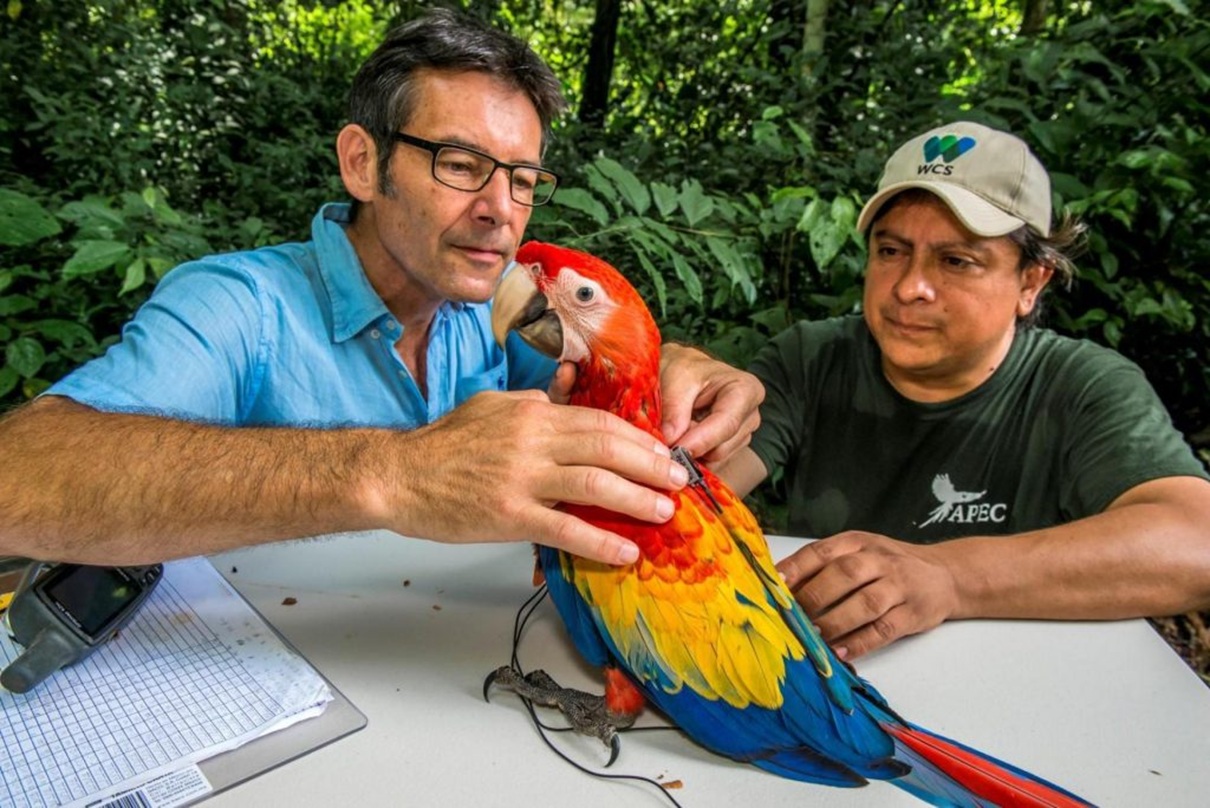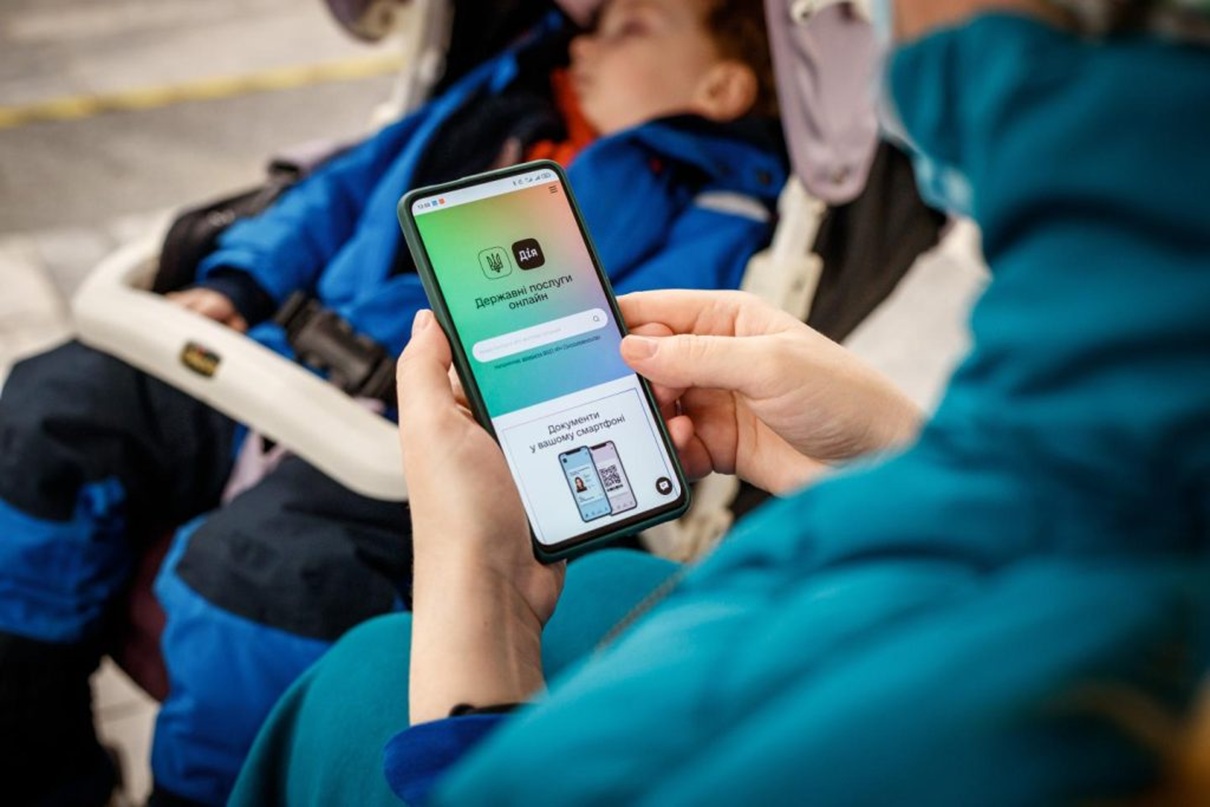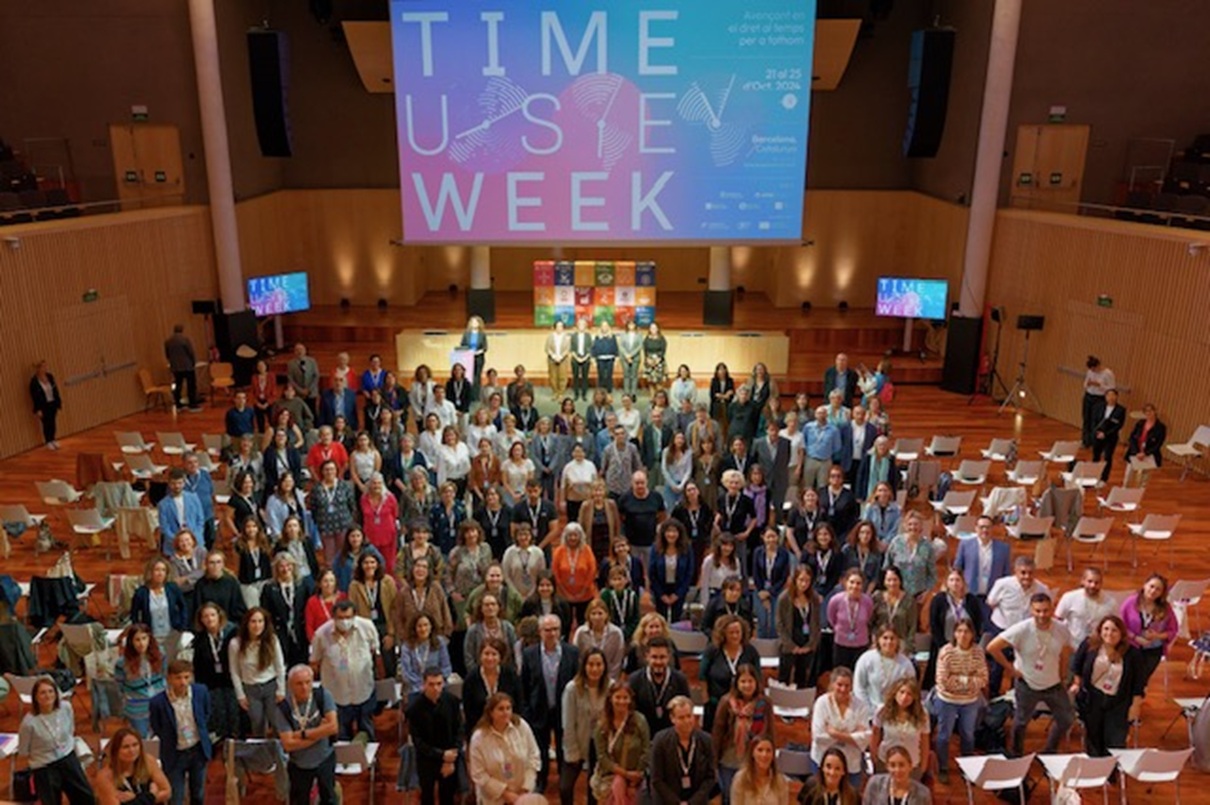Bogotá’s Care Blocks are pioneering urban hubs designed to support carers – primarily women – who are traditionally invisible, unpaid, or undervalued.
These blocks integrate essential services such as education, training, health, and caregiving support within accessible physical spaces across the city, transforming isolated burdens into collective responsibilities and reshaping how cities acknowledge and support caregivers.
This silo-breaking approach reflects the need to rethink institutions to address key issues such as care that does not fit into any particular administrative box.
Who cares? How Bogotá mobilised to tackle its hidden care crisis
Every society depends on the provision of care, and usually, women provide the majority of care thanks to deeply rooted social norms about gender roles.
A Bogotá Secretariat for Women’s Affairs study highlighted that 90% of women in the city carried caregiving responsibilities, and 1.2 million were full-time unpaid caregivers (Brookings, 2021).
This imbalance created a persistent “care crisis” in Bogota, leaving female caregivers with limited time and resources to engage in education, employment, or even basic self-care.
Women’s groups in Bogotá started mobilising to demand a societal response to this critical issue. This came to a head during the COVID-19 pandemic – which resulted in the closure of schools and daycare centres – and intensified the “care crisis”.
Bogotá is a city of over 8 million people and faces significant challenges such as high poverty rates, limited formal employment opportunities, and fragmented public services.
Although women comprise 52% of the population, they bear the caregiving responsibility disproportionately.
This unequal burden of caregiving responsibilities on women has left many times poor – unable to access opportunities for education, employment, and self-care.
In response, Bogotá launched the first city-level Care System in Latin America under the leadership of Mayor López.
This initiative centres on the 3 R’s:
- recognising the role of care and caregivers,
- redistributing caregiving responsibilities more equitably between men and women,
- reducing the time women dedicate to care.
Central to this initiative are “care blocks,” – dedicated physical centres that provide services including education, technical training, and physical activities.
The Care System, with the Care Blocks (Manzanas del Cuidado in Spanish) as its core innovation, has introduced a practical and scalable solution to the care crisis.
These hubs provide their services within a 15-20 minute walking distance of caregivers. Before the Care Blocks, legal aid, literacy training, and daycare services were siloed and scattered across the city.
The Care Blocks has united fragmented efforts and enabled collaboration among city agencies, civil society, and private stakeholders.
At its core, this innovation is about more than services – it is about rethinking how institutions engage with citizens and create a more inclusive/equitable urban ecosystem.
Operationalising, legitimising, and socialising the innovation
Turning the vision of Bogotá’s Care Blocks into reality required detailed planning, research, and collaboration.
The first step was to identify the needs of caregivers and design a system to build a shared understanding of the issue among stakeholders.
For this, the city government conducted extensive research to understand the ground realities. 13 city entities, including government departments, service providers, and local organisations, came together around a shared vision.
Regular coordination meetings held quarterly, became the backbone of this initiative. These meetings functioned as essential proto-institutions, enabling stakeholders to integrate services effectively and respond directly to caregivers’ needs.
A first pilot Care Block was launched in Ciudad Bolívar, one of Bogotá’s most vulnerable districts, to test out what would work best.
After the pilot program’s success, Bogota inaugurated 19 Care Blocks between October 2020 and May 2023. The municipality also introduced CARE Buses, a mobile alternative to the Blocks and CARE Home Delivery, to address the needs of the 14% of full-time female caregivers who couldn’t access CARE Blocks or CARE Buses because of the condition of those they cared for.
The program also involves men who can attend workshops and the Men’s Caregiving School – to learn how to do care work tasks.
By engaging men, the Bogota Secretariat aimed to reshape societal perceptions of caregiving as a learned responsibility rather than a “natural” role exclusively for women. The Care Blocks have also worked closely with the city’s Innovation Lab (iBO) to create a robust data system for optimising service delivery and decision-making.
The defining moment for the Care Blocks came with their formal institutionalisation.
First, legislative backing established the initiative as a permanent part of Bogotá’s urban planning and governance.
Then, on March 9, 2023, the City Council unanimously adopted a legal statute recognising care work Partnerships with NGOs, businesses, and international organisations like UN Women have legitimised the effort and expanded its reach.
Finally, establishing the Care Alliance – a network of private sector organisations, NGOs, academia, and local entities- has provided caregivers with a platform to have a say in decision-making.
Care as a city strategy: How Bogotá’s innovation became institutionalised
Since its start in 2020, Bogotá has established 23 functioning Care Blocks.
The initiative’s influence extends beyond individual caregivers – it has reshaped Bogotá’s urban planning to prioritise accessibility, inclusivity, and equity.
Additionally, the program’s flexibility and adaptability have ensured that it remains inclusive while staying focused on its core mission – redistributing care responsibilities and empowering women.
Some of the key messages from Bogotá’s experience are:
- Coordinated action is crucial for policy success. Bogota’s CARE System has integrated services from multiple government agencies to improve the initiative’s effectiveness. Additionally, regular inter-agency cooperation has been critical in designing, implementing, and improving the program.
- Continuous learning and adaptation have been central to the initiative’s success. Bogota has continuously improved the program based on feedback from stakeholders to ensure that they meet people’s needs. For example, policymakers expanded on CARE Blocks to incorporate mobile clinics and home visits – to ensure these resources reach everyone.
- The formal institutionalisation is key for stability and legitimacy. The legislative backing for the initiative has safeguarded the program’s future.
The success of Bogotá’s Care System highlights how institutional innovation can address societal challenges through innovation, collaboration, and adaptability.
Its model has been replicated in San Pedro Garza García, México. The city has also received many requests to support similar care systems in other cities such as Medellín, Cartagena and Cali, and countries including Peru, Argentina, Chile, the Dominican Republic, and Mexico.
Caregiving – often invisible, undervalued, and overwhelmingly done by women – cuts across issues of equality, economic participation, and social cohesion.
Bogotá responded not by creating another bureaucratic maze but by building simple, practical spaces that brought together fragmented services and put carers themselves at the heart of decisions.
By continuously learning from real experience, these spaces adapted, grew, and spread.
The lesson? Security and resilience come not just from dealing with threats but from investing directly in those who keep society running day-to-day.
At UNDP Istanbul Innovation Days
The Bogotá Care Blocks illustrate how institutional innovation can reshape societal structures to address pressing transversal challenges, such as gender equity, economic inclusion, and social resilience.
At UNDP Istanbul Innovation days, we invite participants through plenaries, discussions, and workshops to explore how deliberate institutional redesign can create new possibilities for addressing entrenched societal problems.
How can institutions adapt to support those who sustain society’s well-being?
This case was researched as part of Istanbul Innovation Days 2025, the UNDP’s flagship event on public innovation, and first shared on the event’s official website. We are thankful to our colleagues at UNDP and Demos Helsinki whose contributions were essential for this case story to be told.






